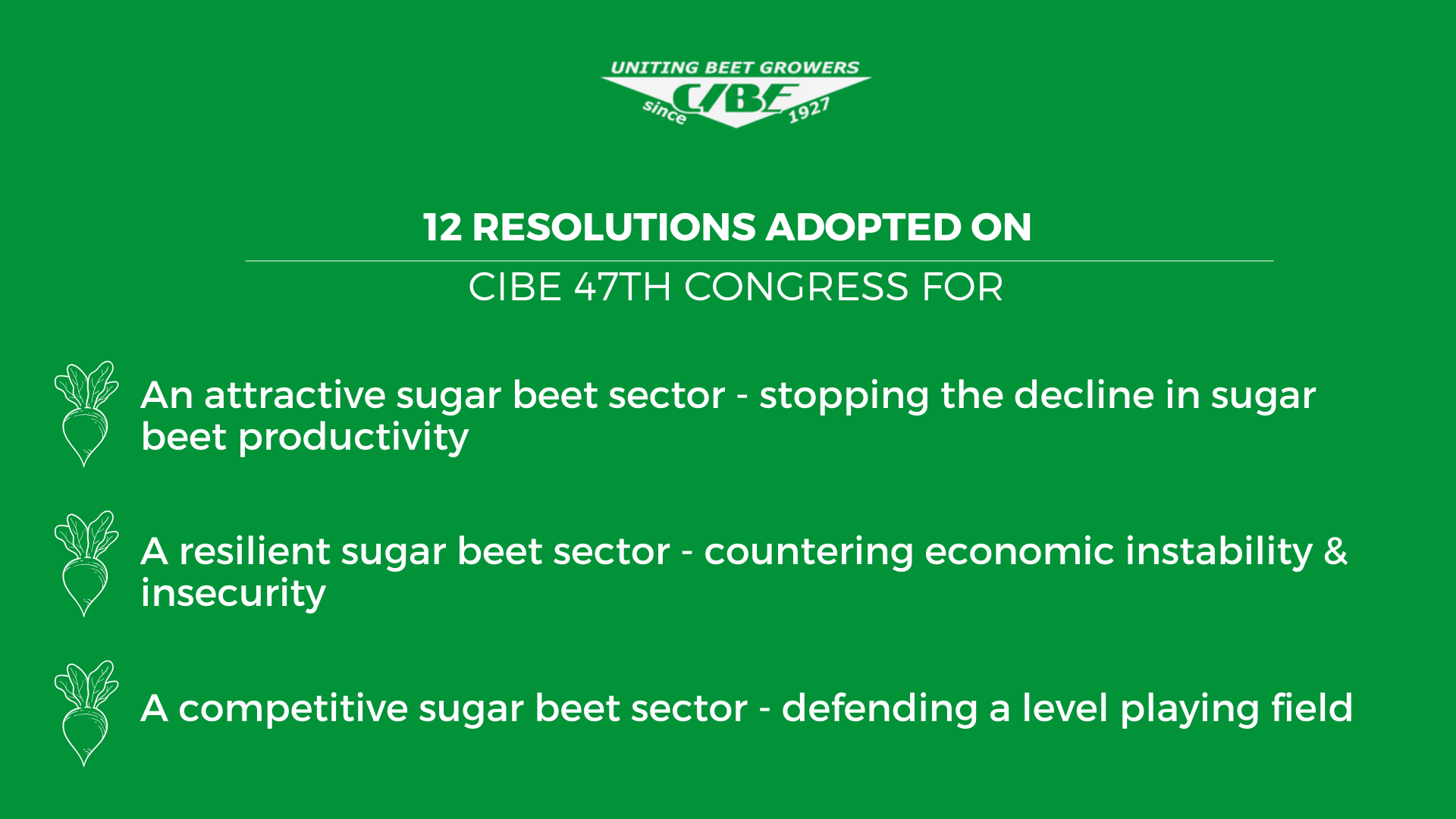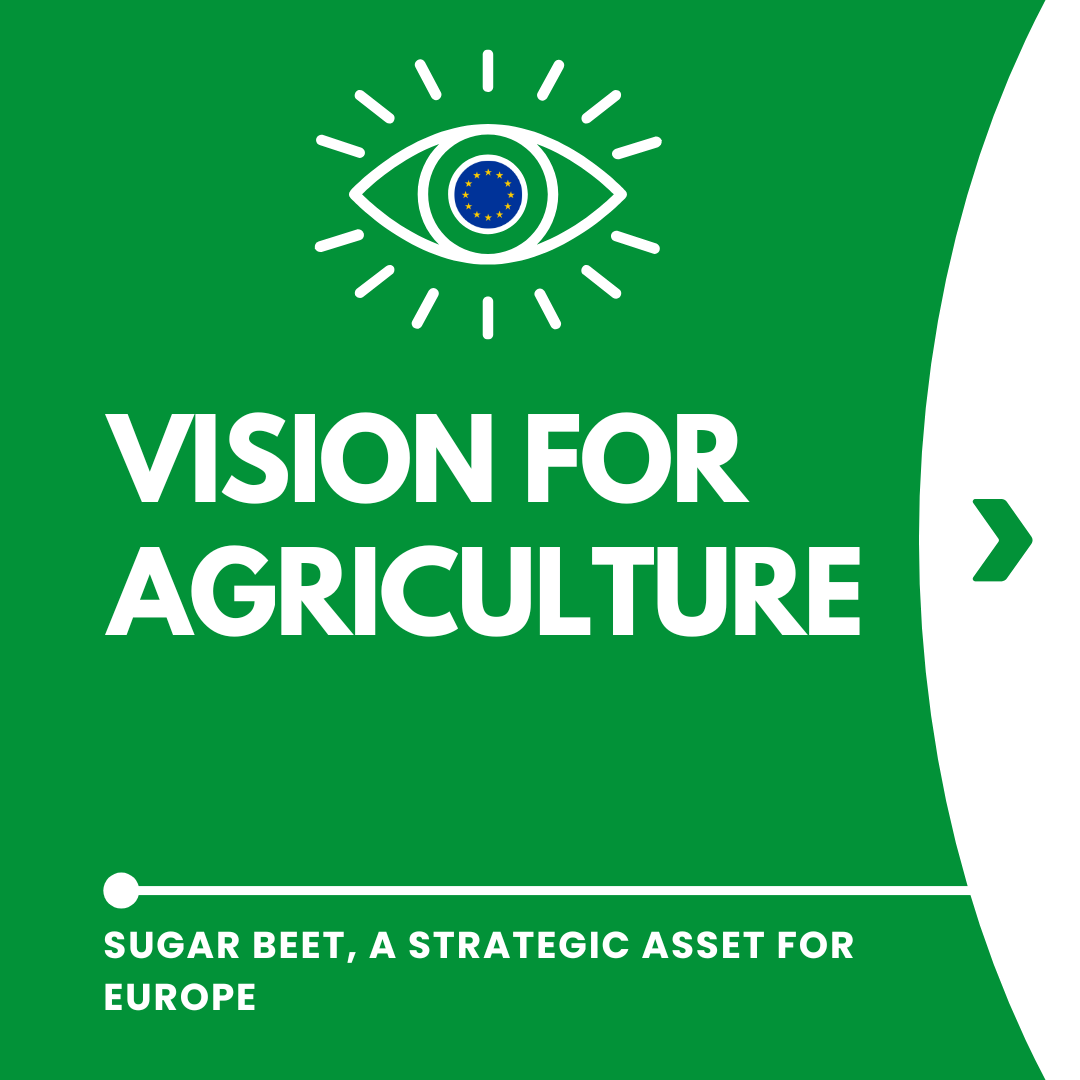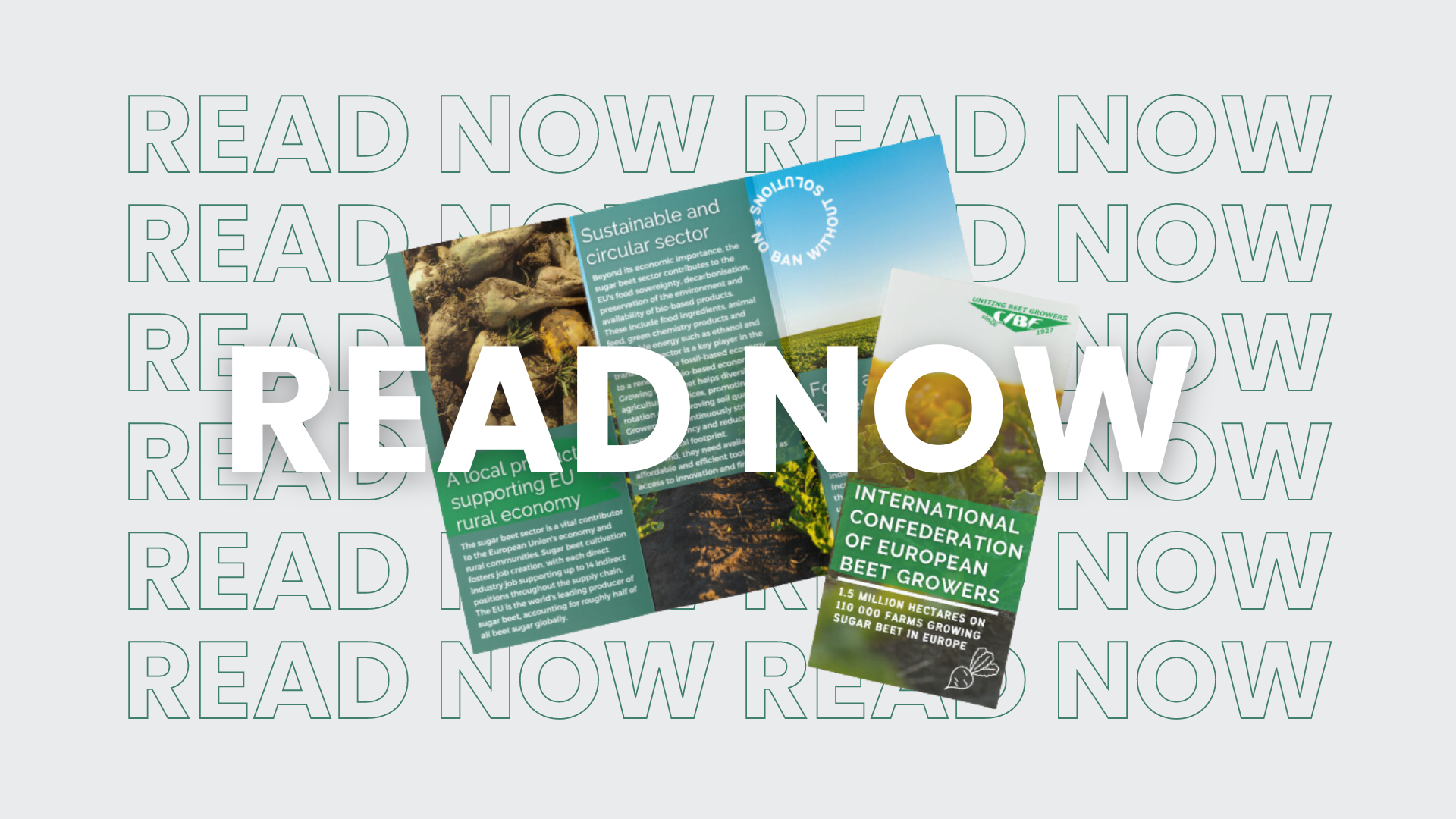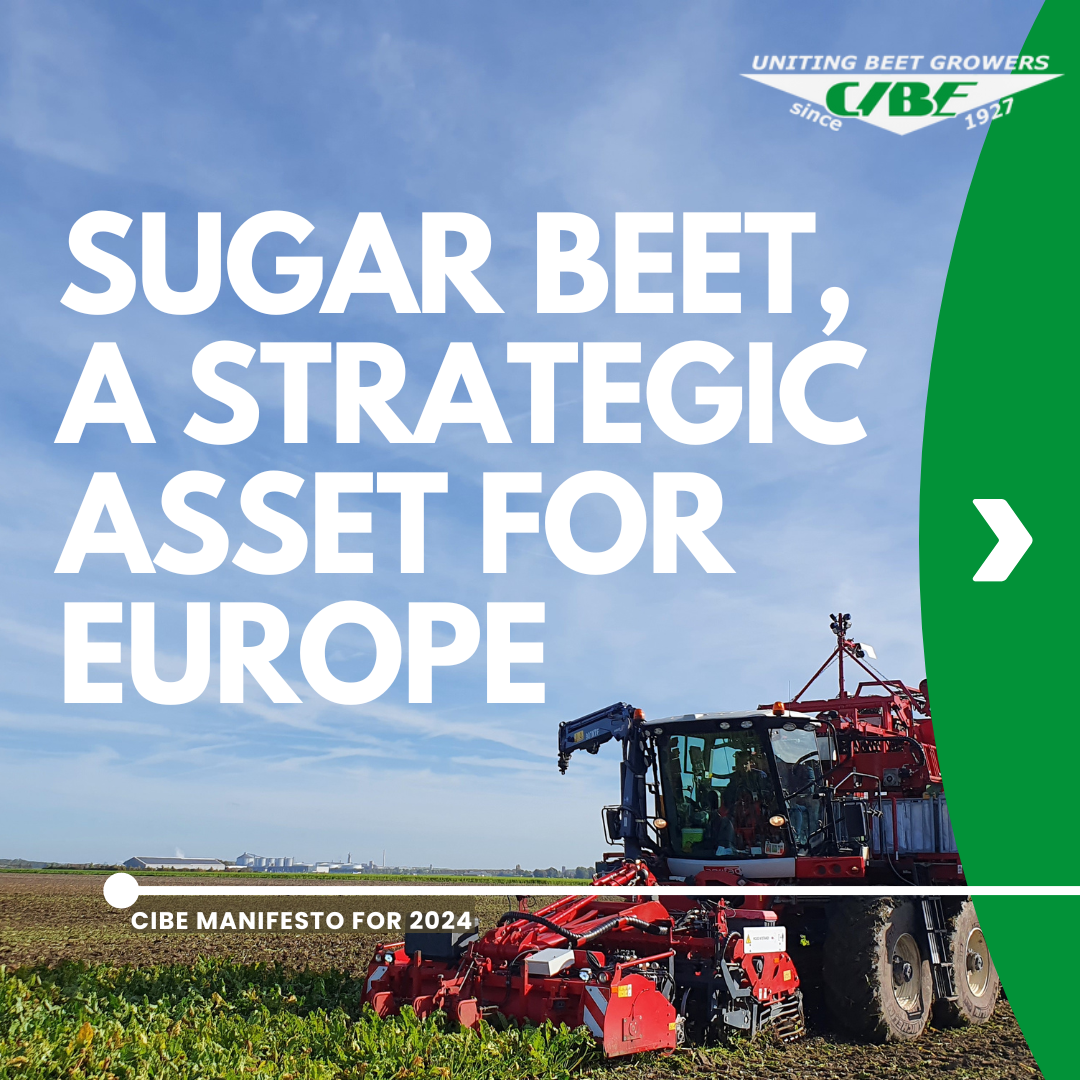

CIBE-CEFS joint appeal on EU-Mercosur negotiations has been sent amid the Agri Council today that is discussing this issue and the inter-session discussions between EU and Mercosur negotiators that are take place this week.
22 associations including CIBE have co-signed a joint letter that expressed common views following the EU Court Ruling on Mutagenesis.
At a crucial turning point regarding the sustainability of sugar beet growing and in an unprecedented EU sugar market crisis, with sugar and beet prices at record lows, the CIBE President Eric Lainé highlighted to the High Level Group on Sugar today the 3 major challenges that sugar beet growers have to face: productivity & competitiveness, resilience and adjustment to markets.
One year following the end of the quota regime, with world and EU sugar prices having reached historically low levels this summer, well below the reference threshold and the cost of production in the EU, the beet sugar sector in the EU continues to experience severe turbulences.
Representing European sugar manufacturers, sugar beet growers, and employees respectively, CEFS, CIBE, and EFFAT are watching with concern the ongoing EU-Mercosur trade negotiations. A joint letter was sent today to President Juncker, Commissioners Malmström and Hogan and responsible officials in DGs AGRI and TRADE.
.png)
Are you passionate about agriculture and skilled in public relations and communications? CIBE is looking for a dynamic Public Relations and Communication Advisor to join our team in Brussels!

The Mercosur agreement does: NOT ensure fair competition for EU farmers, NOT prioritise consumer protection, NOT include strong safeguards to protect the environment.
✅Ensure productivity gains & competitiveness💪
✅Protect growers from unfair competition⚖️
✅Ensure resilience to rising risks🦠📉
✅Support innovation🧬

2025 will be Congress year! European sugar beet world will meet in Rotterdam from 11 to 13 June.
Read our new brochure highlighting the importance of sugar beet local production in Europe !

Discover our Manifesto ahead of 2024 European elections!
Let's work together to restore European agriculture's ambition. The voice of sugar beet growers is outlining 4 priorities:

See how the beet sugar sector is working hard to develop sustainable alternatives to respond to the ban of some key plant protection products.
Such alternatives will most likely have to consist of a combination of techniques and approaches. To develop and successfully implement these will require time, several years and considerable financial investment.

Do you want to know more about sugar beet? Follow our e-campaign #FollowTheBeet on Twitter.

.png)
In October 2013, the European beet growers (CIBE), sugar producers (CEFS) and trade unions of the food and agriculture sector (EFFAT) have formalised a landmark agreement to jointly highlight and report on representative Good Practices of sustainable production of beet sugar in the EU.
CIBE takes part in the AgroCycle project, a Sino-EU collaborative research venture, funded by the European Commission under its Horizon 2020 programme to create a protocol for the implementation of the 'circular economy' across the agri-food sector.